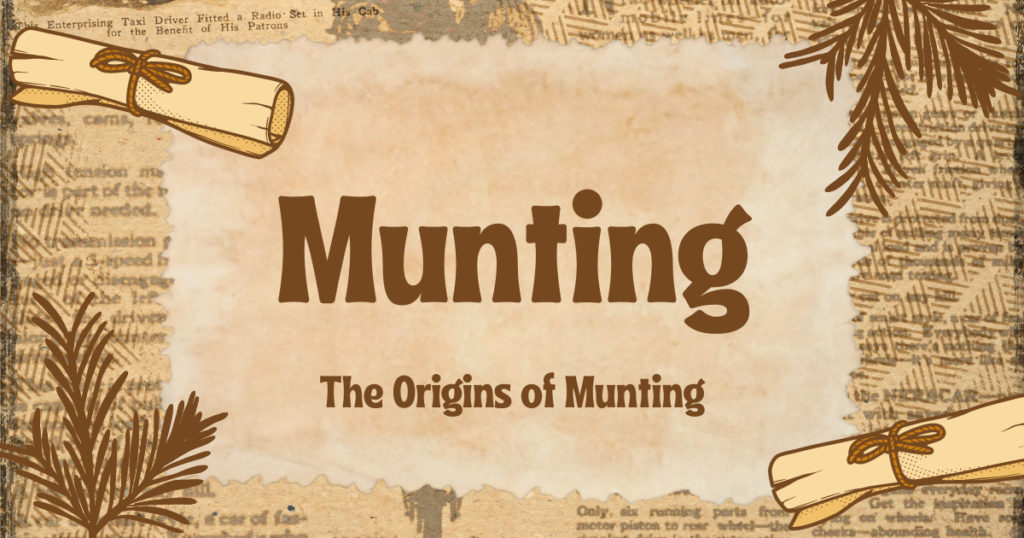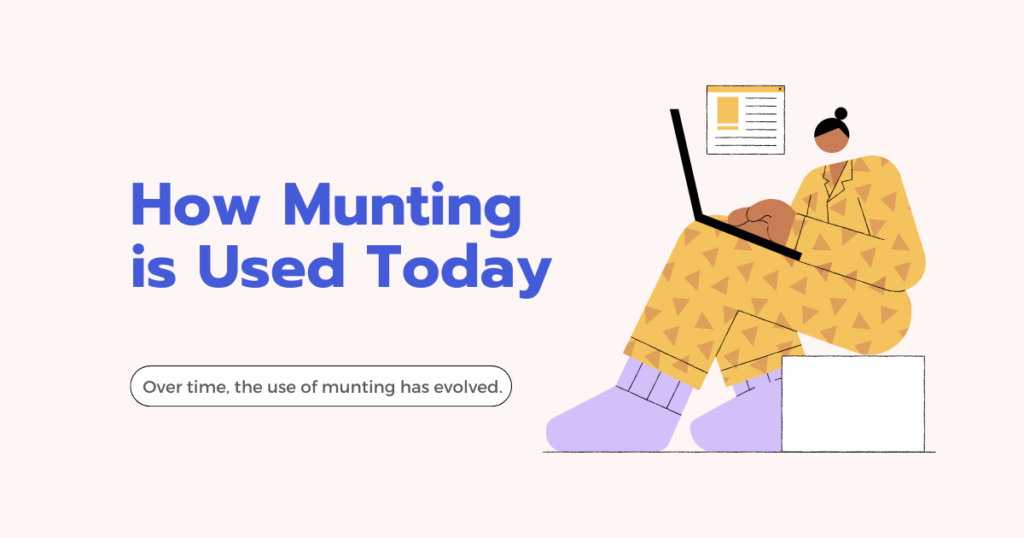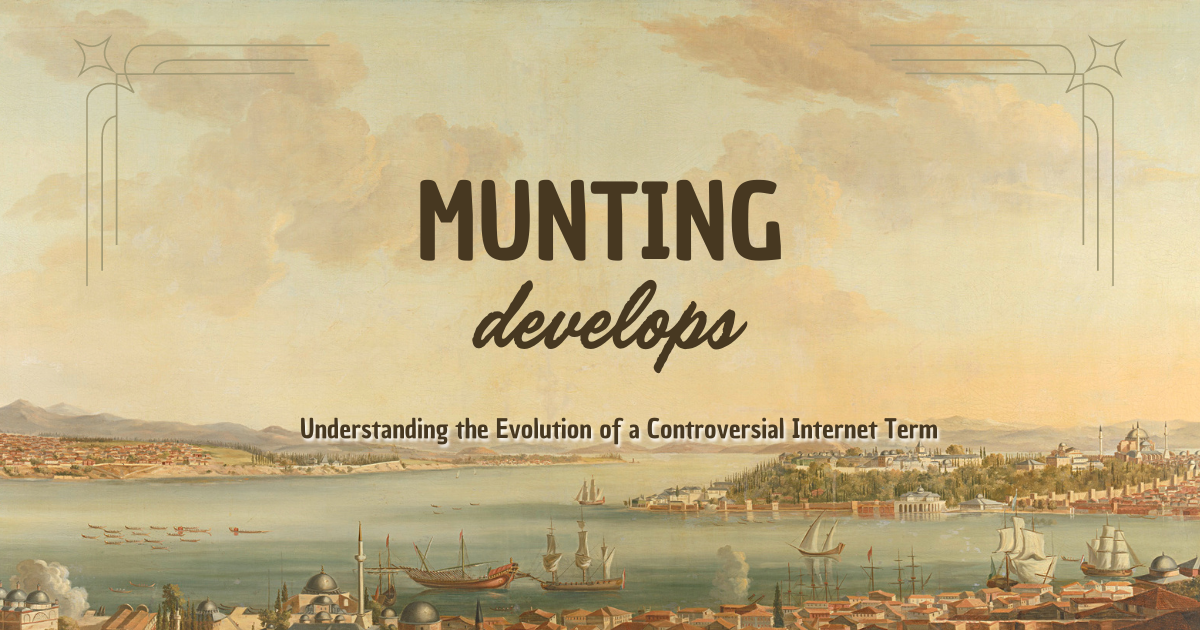The internet is filled with slang that often develops its own culture and meaning over time. One such term is “munting”, which originated as an obscure and controversial internet word but has since evolved into a term used in various contexts. Whether you are unfamiliar with the term or have seen it in online forums, understanding what it means, where it comes from, and how it is currently used can help you navigate its complexities. In this article, we dive deep into the origins of munting, its impact on online culture, and how it is perceived today.
What is Munting?
Munting began as a slang term in certain corners of the internet, primarily associated with gross and offensive activities, which fueled its shock value. As with many internet slang terms, its meaning can vary depending on context. Initially linked to a gruesome and highly controversial practice that circulated in online urban legends, the term was meant to shock, disgust, and provoke reactions.
However, as with many internet slang terms, munting has gone through an evolution. While it still carries negative connotations in some areas of the web, it has also been adopted by some users in a more humorous or lighthearted context. This dual nature of the word makes it important to understand the context in which it is used, as its meaning can shift dramatically depending on the audience.
The Origins of Munting

The exact origins of munting are not entirely clear, but it began to appear on urban legend websites and online forums during the early 2000s. It quickly became part of the shock culture that permeated the internet during this time. The practice referred to in its original meaning is not widely accepted, and for most people, the term’s initial usage is both repulsive and taboo.
Like other internet slang, munting spread through shock humor sites, videos, and chat rooms. Despite its dark roots, the term has since found its way into mainstream internet vernacular, where it can occasionally be found in more casual or ironic usage.
How Munting is Used Today

Over time, the use of munting has evolved. In modern internet culture, it can be found used in a variety of ways, ranging from humorous memes to casual conversations. Here are some common contexts in which munting appears today:
1. Internet Memes and Humor
A large portion of the internet community enjoys dark humor and shock value in memes, and munting has found a home in this space. While it retains some of its shock value, people now use the term more playfully or ironically. In meme culture, munting is often invoked as a punchline in a joke or as part of an exaggerated story.
2. Casual Online Conversations
In more niche online communities, munting can be used as slang to describe behavior that is either gross or inappropriate, but often in a less serious or harmful way than its original meaning implied. This casual usage makes it a part of internet subcultures, where users apply the term with a sense of irony or to describe exaggerated situations.
3. Shock Value and Dark Corners of the Internet
While its mainstream usage has become more lighthearted, munting is still occasionally invoked in dark corners of the internet, where shock value content thrives. In these places, the term still retains its original disturbing meaning and is used to provoke reactions or gross out unsuspecting readers.
Key Points About Munting’s Evolution
| Aspect | Details |
|---|---|
| Original Meaning | Linked to a shocking and disturbing practice; used in early internet shock culture. |
| Modern Usage | Used humorously in memes, casual conversations, and dark humor communities. |
| Context-Dependent | Its meaning can change depending on who is using it and in what context. |
| Caution When Using | Given its origins, users should be mindful of how and where they use the term. |
Cultural Impact of Munting
Despite its obscure and controversial origins, munting has had a lasting impact on internet culture. Its transition from a disturbing term to something that is more frequently used in humor illustrates the way that internet slang can evolve over time. Like other taboo words that were initially created to provoke reactions, munting has become part of the fabric of online dialogue.
1. Influence on Meme Culture
Meme culture thrives on taking taboo or offensive ideas and making them into jokes. Munting has become part of this cycle, where the shock value of the word is often softened by its inclusion in memes. As a result, more people are exposed to the term without necessarily understanding its darker origins.
2. The Evolution of Internet Slang
The journey of munting from an obscure, offensive term to a meme-worthy internet slang is a prime example of how online language can change dramatically over time. The internet’s fast-paced nature means that words often lose their original impact as they become repurposed for new uses.
FAQs About Munting
Q: What does “munting” mean today?
A: Today, munting is used in a variety of contexts. In some cases, it’s used as a joke or meme in internet communities, while in others, it can still refer to its original disturbing meaning. Its modern usage is often ironic or humorous, but it’s still important to understand the context.
Q: Where did “munting” originate?
A: The term munting originated in internet forums and urban legend websites during the early 2000s. It was initially linked to a shocking and taboo practice, but its usage has since evolved in internet culture.
Q: Is it okay to use the word “munting”?
A: Whether it is appropriate to use the word depends on the context and the audience. While it is often used in a humorous or ironic manner today, some people may still find the term offensive due to its original meaning.
Q: How is “munting” used in memes?
A: In meme culture, munting is often used as part of dark humor or shock value jokes. Memes may invoke the term in an exaggerated or ironic way, playing on its past meaning to create humor.
Q: Has the meaning of “munting” changed over time?
A: Yes, the meaning of munting has shifted significantly over time. Originally a disturbing and taboo term, it is now more often used in casual conversations or jokes on the internet.
Conclusion
The term munting is a clear example of how language on the internet can evolve from a highly offensive and controversial word into something more playful and meme-worthy. While it may still carry negative connotations in certain contexts, munting is more commonly used today as part of the internet’s ongoing tradition of dark humor and irony. As with any slang term, it’s essential to understand the audience and context before using it, as its original meaning may still be offensive to some.
